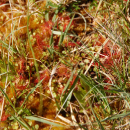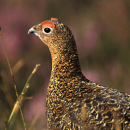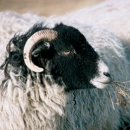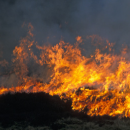23rd January 2020
The Moorland Association said today that moorland managers are wholly committed to combating climate change and the government should not rush into an outright ban on controlled heather burning over peatland.
Following the publication today of the report, Land Use: Policies for a Net Zero UK by the Committee for Climate Change, Amanda Anderson, Director of the Moorland Association, said: “Grouse moors in England account for around a million acres of the uplands’ peatland and owners and managers are fully in favour of the restoration and protection of peat soils. Moorland managers are the stewards of these precious places for the benefit of all and are actively engaged in current restoration programmes to reduce emissions.
Over a tenth of our members land is being actively restored as part of restoration programmes, with much more in the pipeline.
Burning is only used in the right areas and for the right reasons to enhance conservation and protection. Natural England state that only 2.36% of all England peatland emission come from grouse moors and burning has been substantially reduced in recent years.
The science and evidence on heather burning and greenhouse gas emissions is far from clear and we need trials to guard against unforeseen consequences. For example, there are issues with areas becoming too wet, which could lead to them producing too much noxious methane – which would undo emission reductions made elsewhere.
It is assumed that rewetting will also lead to flood mitigation and improvements in water quality and biodiversity but there is currently a paucity of evidence to support this.
Furthermore, we estimate that on 30-40% of our members’ deep peat land there is no sustainable alternative management technique to controlled burning. An outright ban on heather burning over peatland will therefore lead to thousands of tonnes of new biomass building up in high fire risk zones.
The WWF estimated that when Caithness’s Flow Country caught fire recently it doubled Scotland’s carbon emissions for the six days that it burned, and the fire brigade subsequently blamed the lack of precautions in allowing moors to become overgrown.
Defra’s own guidance on wildfire mitigation via the Uplands Management Group clearly highlights the critical importance of managing fuel loads, therefore a simple ban on controlled heather burning over peatland has the potential to do more harm than good.
We support the report’s recommendation that more money be put into peatland restoration work, but to improve the integrity of these precious upland peatland sites we require more tools in the tool kit, not less.








